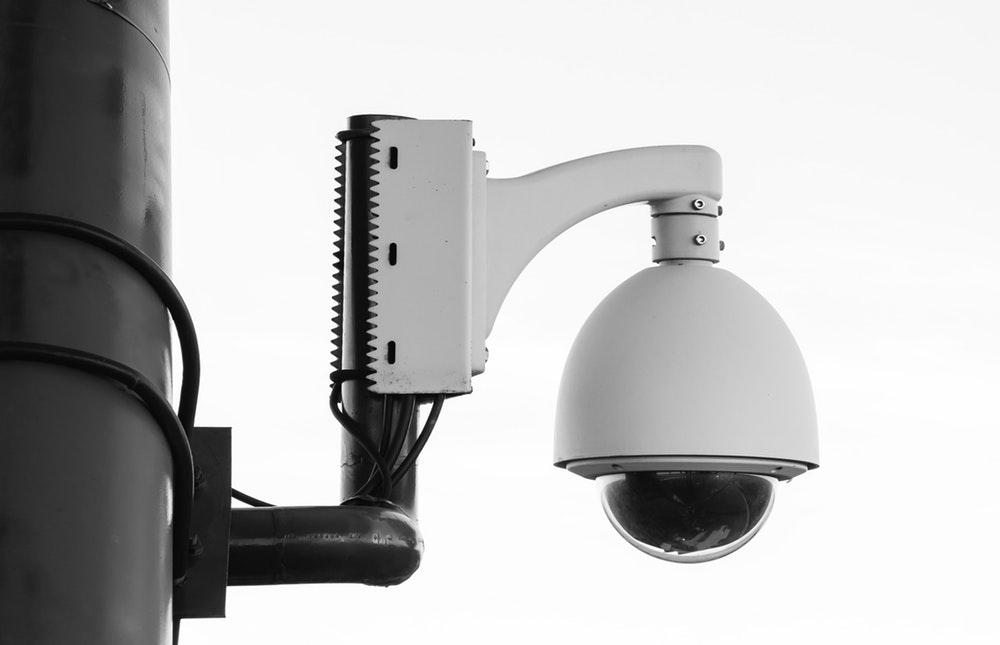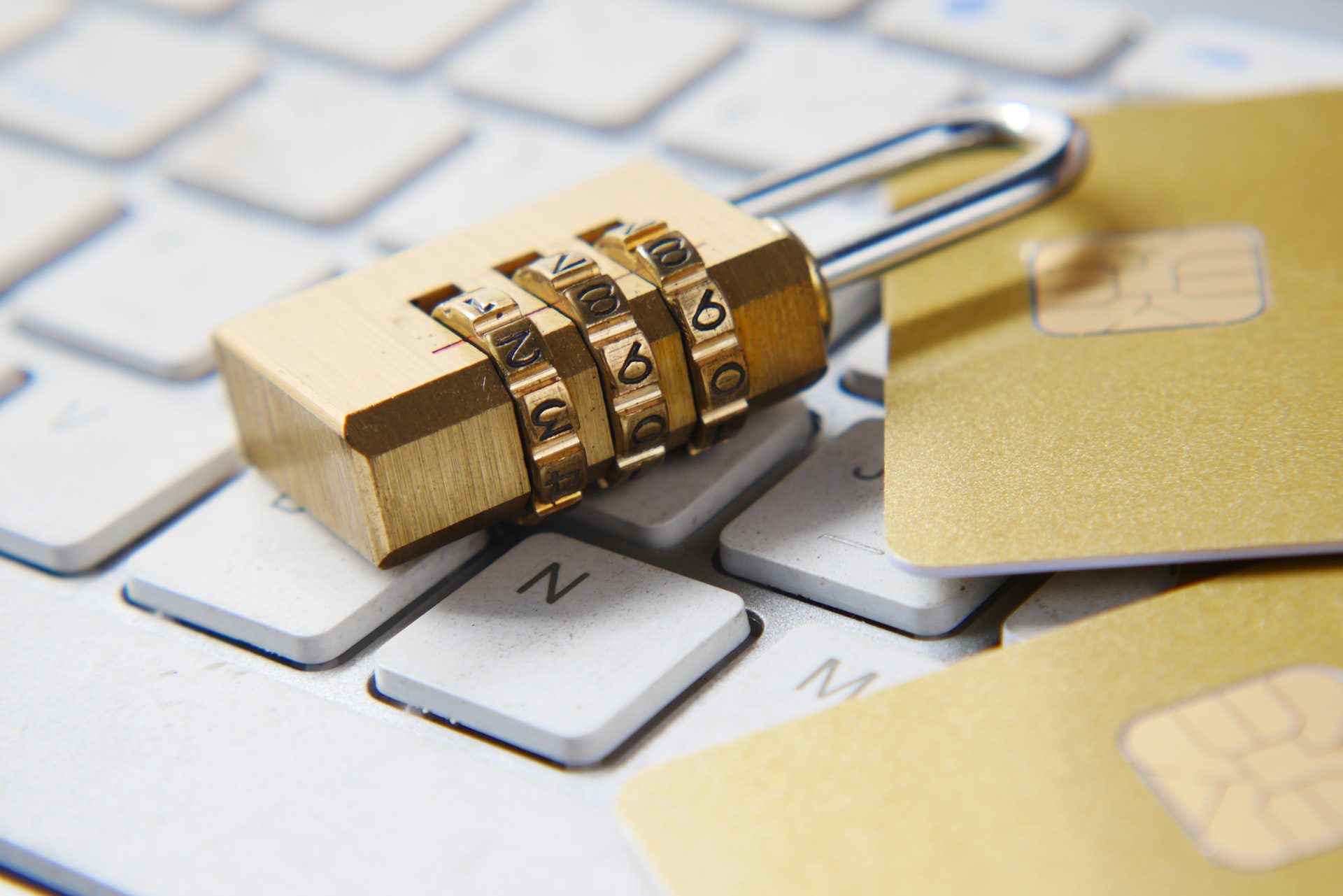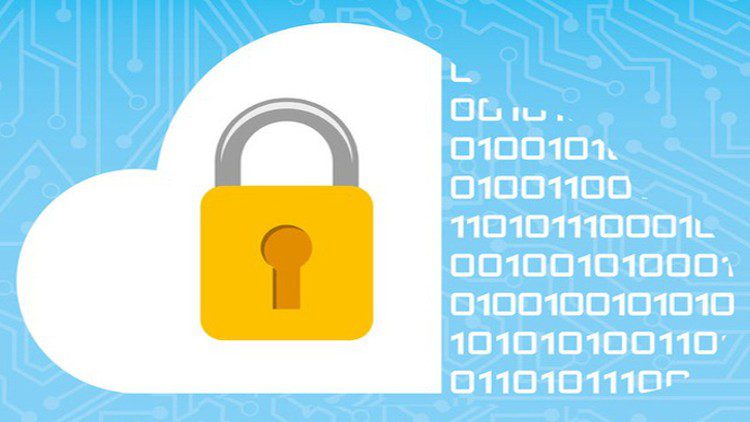
Password managers are a must-have tool in the digital age, especially if you’re running a business. Every day people can benefit from a password manager too. And, with the average person reusing their password multiple times for different accounts, it’s safe to say that most of us need a little help with our passwords. Luckily, there are plenty of free and paid options available for password managers to keep things safe and secure. Moreover, sites like ShipTheDeal.com have coupon codes for password managers to save time and money.
But what should you look for in a password manager? What makes a good password manager great? In this guide, we’ll cover some of the standard features you can expect to find in today’s best password managers. Using a password manager (like Keeper Security) is the best way to store, manage, and protect your most important credentials. It’s time to put the sticky notes away and upgrade!
AutoFill
One feature password managers offer that’s more about convenience than security is the autofill feature. When you navigate to a website or app, the password manager will automatically fill in credentials, so you don’t have to spend time trying to guess your password. This is a great tool for anyone who needs quick access to their accounts, and it saves you the time of having to look up individual passwords one at a time.
This is a great feature for teams, too. Why waste time trying to track down credentials when you can autofill them with a password manager?
Encrypted Cloud Storage
This should be a standard feature in any password manager. Most password managers operate within the cloud, and should include encrypted cloud storage for maximum protection. Some password managers will offer more storage for a higher price, but the default is usually between one and ten gigabytes of secure storage.
This ensures that everyone’s passwords are both secure and accessible. A password manager is like a portable vault for all of your credentials, so it’s important that you can access your account from wherever you’re at. At the office, at home, or on a road trip—you’ll never lose track of your passwords.
Dark Web Monitoring
The dark web is a dangerous and mysterious place. What you see on the internet daily is but a fraction of the extent of the entire web. The dark web is a part of the internet that can only be accessed using a special browser, and can’t be accessed with a Google search. This part of the internet is home to all kinds of websites, some that are nefarious in nature. In fact, many of the passwords and login credentials that get leaked to the internet are leaked to the dark web, often on hacker forums where people pay top dollar for passwords, checking account numbers, and more.
Many password managers include dark web monitoring, which will send you an alert anytime your information (such as a password) is being shared or accessed via the dark web. While this monitoring can’t necessarily stop an attack, it might give you time to react to mitigate losses or damages.
VPN Services
A VPN, or virtual private network, is a service that allows you to connect to an entirely different internet server somewhere in the world, giving you access to a completely new connection. Many people use VPNs to access hidden content, keep their browsing habits secrect, or just to generally remain anonymous on the web. Even ISPs have trouble tracking VPNs, and their use has skyrocketed in recent years due to crackdowns on internet content and new laws involving virtual privacy.
Now, more than ever, privacy should be a top concern for everyone, but the web isn’t as private a place as you think. Even your home connection is monitored by your ISP!
Password Generator/Strength Auditor
Creating good passwords is half the battle, and the sad truth is that most of us aren’t great at it. We use (and reuse) things like names, common phrases or personal phrases, birthdays, addresses, and other identifiable numbers and letters. The problem with this practice is that the more personal information you use, the easier it is to hack your passwords.
Not to mention, the golden rule of passwords is to never reuse a password. With today’s password managers, you’ll get a password generator with a built-in strength auditor to show you how strong (or not) your password is. This allows for better passwords and a better understanding of what makes passwords secure.
Secure File Storage
File storage is another feature of the modern password manager. Have important files you need to store away from prying eyes? Use the encrypted storage features in your password manager. You can store any documents on the cloud, and can even store secure notes for later use.
2FA Features
Let’s not forget that every good password manager should have two-factor authentication as a backup security feature. If you’re logging on from a new device, you’ll get either a text message or an email asking you to confirm the login. Two-factor authentication is actually an incredibly strong defense against hacking. Think about it—even if a hacker got your password, they wouldn’t be able to access the account without your phone or email address login info. It might be the only thing standing between you and the hacker!








